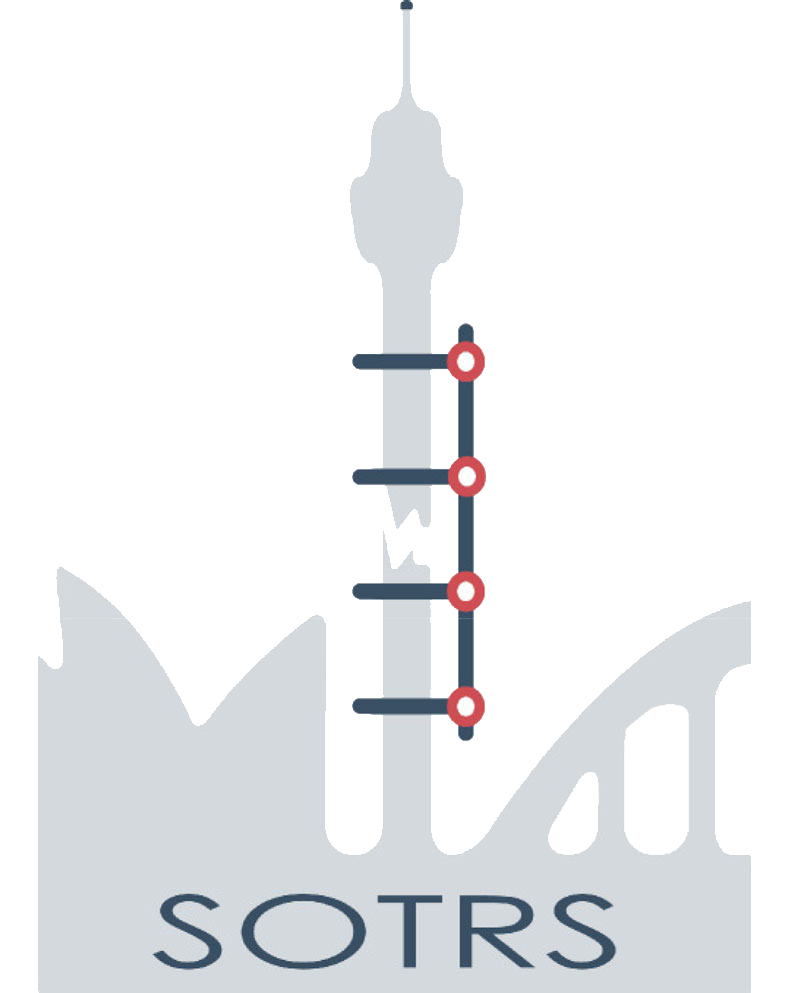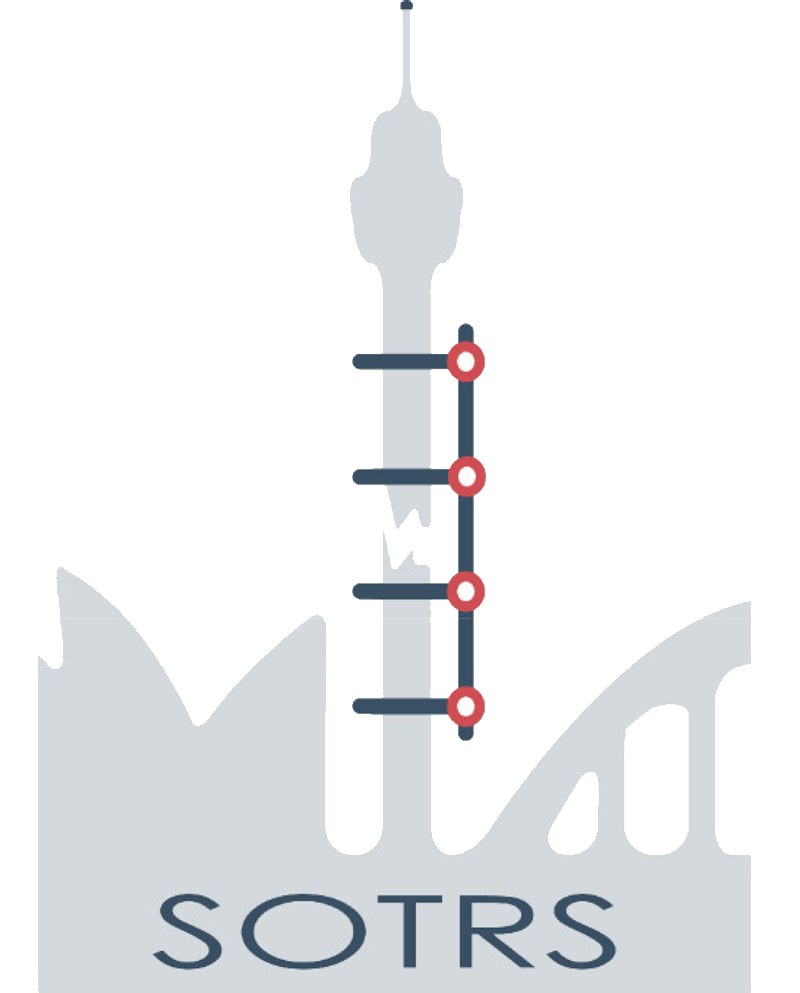Often no underlying cause is found. Some theories suggest that hormonal imbalance between the growth and sex hormones is involved. However, there has never been conclusive evidence to support this. Studies have shown that the epiphyseal plate is rapidly proliferating and vulnerable to shear stress during adolescence. The extra body weight during this phase of life tilts the balance, and causes the slip to occur.
Approximately 20% of children who develop SUFE will develop it in the other hip within 6 months. Children who develop SUFE at a very young age or who have an underlying disorder predisposing to the condition are much more likely to have both hips affected.

